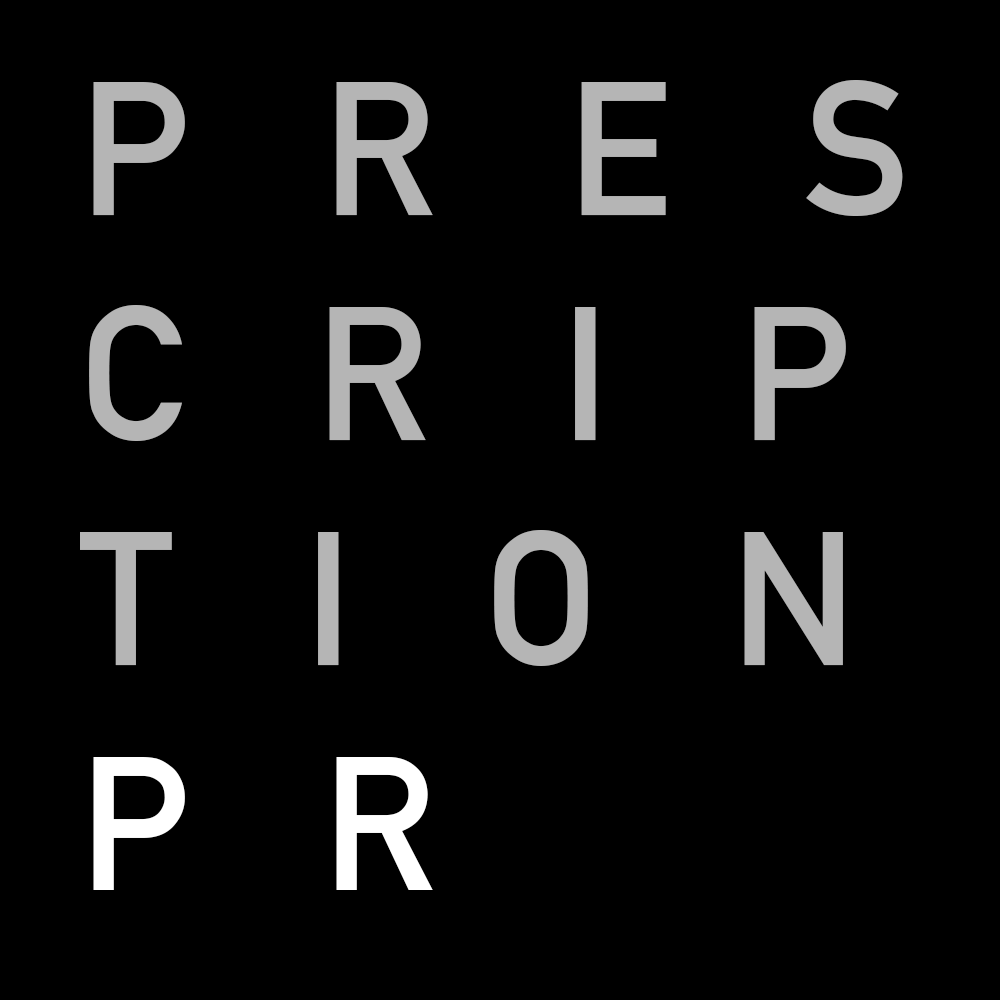Memes: the secret of spreading your music about?
Today I’m going to tell you to put all thoughts of PR and marketing to one side for a minute, and use a theory called memetics to help you reach the status of global rock superstar (or richest but still the most miserable looking shoegazer on the block; take your pick).
This all boils down to thinking about your songs in a different way: not as pieces of music but as ‘memes’. According to proponents of memetics like Richard Dawkins, memes are ideas that spread from person to person within a culture. The ‘stronger’ the meme, the theory goes, the more likely it is to spread; a comparison is made with the spread of genes via natural selection, with memes being part of a sort of ‘survival of the fittest idea’ scenario. Now of course these days when people talk about memes, they are really referring to anything shared by George Takei on Facebook, but since music is now just as easy to share on the web as any other piece of digital content, I think it’s only proper to treat it the same way as a good Miley Cyrus Facebook gag.
So how do you create a fantastic, widely-shared meme? Well, if we are to buy into the theory, a starting point would be by looking to other ‘successful’ memes and trying to find out why they became successful. In this context, by ‘meme’ you can read ‘hit song’, and thanks to the internet you can audition pretty much every hit song going and try to learn as much as possible from the songwriting geniuses who crafted them...and then ‘mutate’ these hits into fabulous memes of your own.
Well, actually, during the early phases of your research into memes you’ll find out pretty quickly that some of the reasons why songs become huge hits often have little to do with songwriting genius. This is because throughout rock history, people have bought records for a lot of reasons (‘ideas’) that have nothing to do with music: they may have liked the look of a particular singer’s derriere and thought that buying that artist's album would bring them just a touch closer to his/her lovely bottom; their kids might have really liked Bob the Builder; buying the remake of ‘Feed the World’ which featured that odd rap bit by Dizzee Rascal in the middle seemed like a socially acceptable way of giving to charity at the time. Memes / ideas drove these sales alright, but non-musical ones.
Anyway, unless you have extreme confidence in your bum, particularly want to write a stop-frame-animation-related novelty hit or are hell-bent on releasing Christmas charity singles, you can probably put these sort of memes to one side and focus on listening to tracks that don’t seem out of place in a sentence that involves the expression ‘musical genius’. Everybody will of course have their own idea of what musical genius is and which artists possess it; but nonetheless a cursory glance at rock history will reveal quite a treasure trove of bands and artists that managed to simultaneously possess ridiculous quantities of musical talent AND flog quite a lot of records. It doesn’t matter what type of music you like, or these artists made, there is something to learn from them. Devour every aspect of their work.
Once you’ve learnt from the master meme-makers, it’s time to produce music like them. This, naturally enough, is the tricky part. It’s not just a question of nicking ideas from musical geniuses (although this can nonetheless be quite effective – think of how many copies of Girls Aloud’s rewrite of The Beatles’ Baby You’re A Rich Man sold); it’s as much a case of thinking – and working – like them, so that you don’t just become a copyist but start to understand the secrets behind truly great music (one of which is that overlooked thing called 'graft' by the way)...and make it yourself.
Now, let’s put all this rather intellectual talk of memes and theories and natural selection and Girls Aloud to one side (and I ought to point out that after shoving meme theory down your throat for much of this article, a lot of scientists have a big problem with it). Let’s boil things down to this: every day, we see people share fantastic content online; and regardless whether this content comprises jokes, charity appeals, interesting facts or weird photos of squirrels, it is accessed by millions not because a huge marketing budget was involved but simply because 1) there was something inherently great about that content and 2) it was incredibly easy, in this digital era, to pass it on to somebdody else. Now that they have been digitised, songs are no different in this regard, and whilst there are a host of things that you can do from a marketing and PR point of view to making this sharing process even more effective, you will make your life so much easier if you put the time (and money) into your content before you even think about promoting it. As the old jazz saying goes, ‘take care of the music, and the music will take care of you.’
(Worth a try anyway. If not you can always resort to those dodgy companies that get you fake likes on Facebook.)
The Prescription is written by a musician / digital nerdy person called Chris Singleton.


